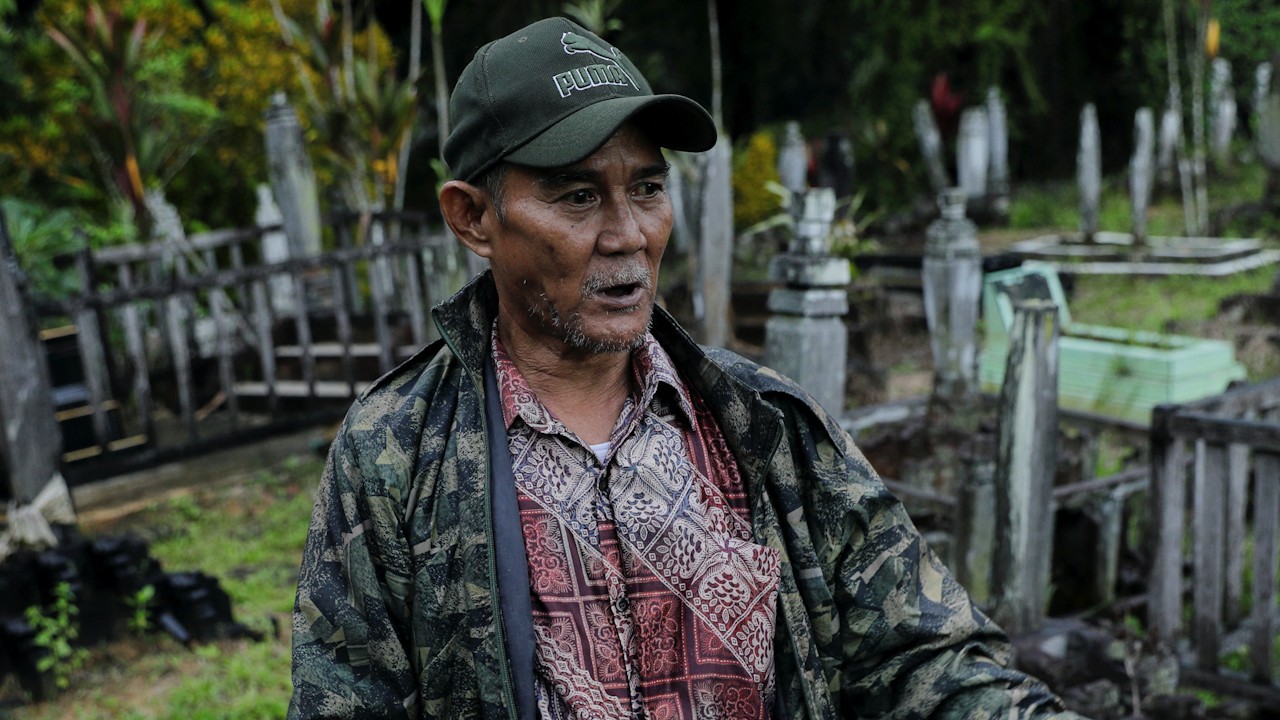
Indonesia’s indigenous community, rights groups slam eviction threat over Nusantara project: ‘violation of rights’
- The Balik and Paser tribes living in the Sepaku district of East Kalimantan fear their land will be taken to make way for Nusantara’s core government area
- The eviction threat sparked an outcry among villagers and rights groups, leading authorities to put off the planned demolition and deny claims of a land grab
According to the East Kalimantan branch of the Mining Advocacy Network (Jatam), hundreds of households in the Sepaku district of East Kalimantan, which falls within Nusantara’s core government area, received letters from the new capital’s authority earlier this month asking them to tear down their houses.
The buildings in the four Sepaku villages “are considered not in accordance with the Regional Spatial Planning of the Indonesian Capital City”, the letter said.
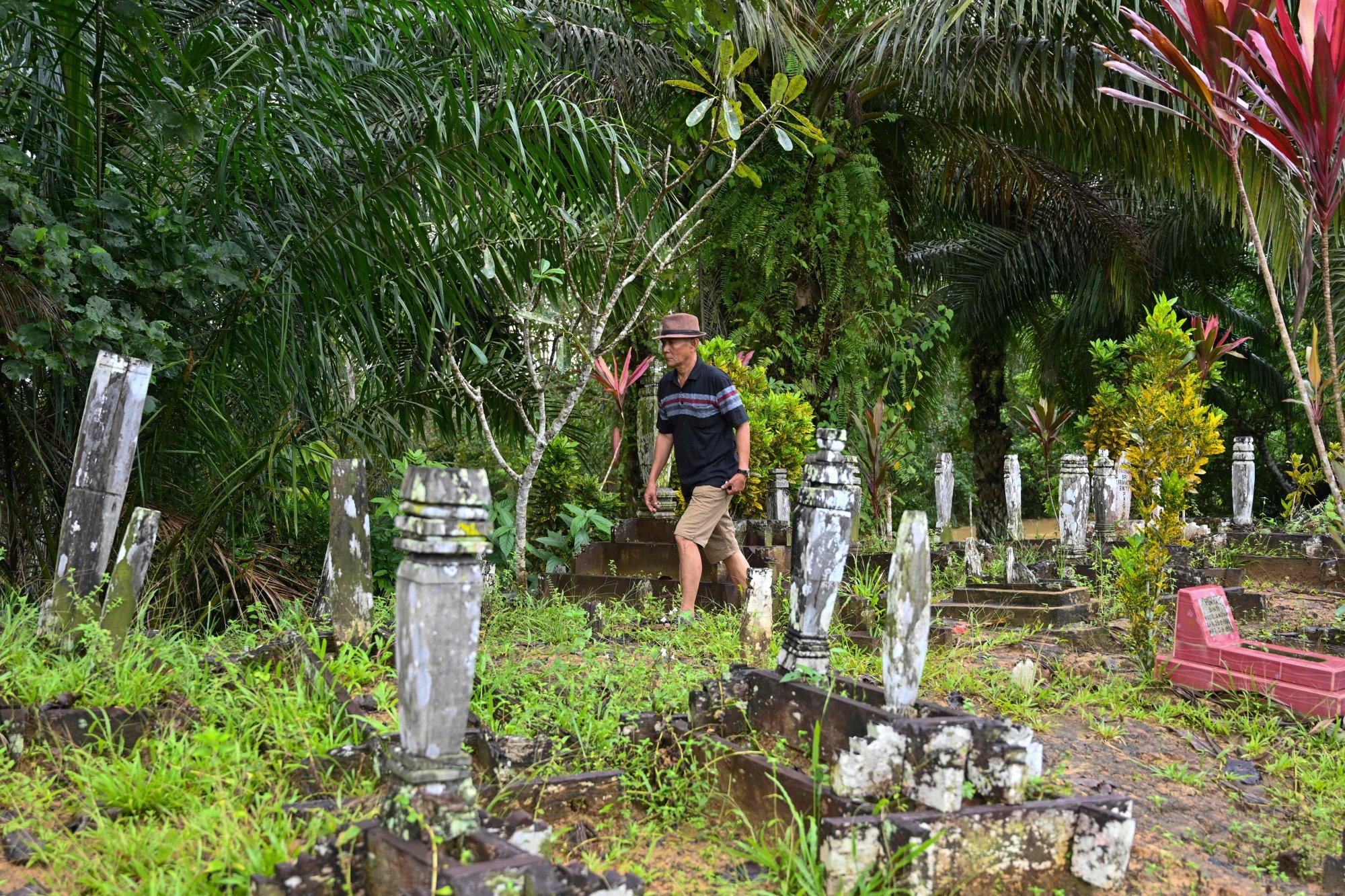
The eviction threat made national headlines and was swiftly met with outcry from rights groups and opponents of the US$30 billion project, which was initiated by Widodo in 2019.
“The letter from [Nusantara Capital City Authority] not only insults the rights of the Sepaku community, including the rights of the Balik tribe who live there, but also puts them at risk of losing their place of residence. This step violates the constitutional rights of citizens and the internationally recognised land rights of indigenous communities,” Usman Hamid, executive director at Amnesty International Indonesia, said in a statement.
“Where did the government’s promise, to build the new capital without evictions, go?”
The East Kalimantan Coalition of Civil Society, which consists of 13 civil groups, denounced the planned demolition and in a statement said “attempts to forcefully remove indigenous peoples under the pretext of violating the New Capital’s Spatial Plan is a form of genocide of Indigenous Peoples”.
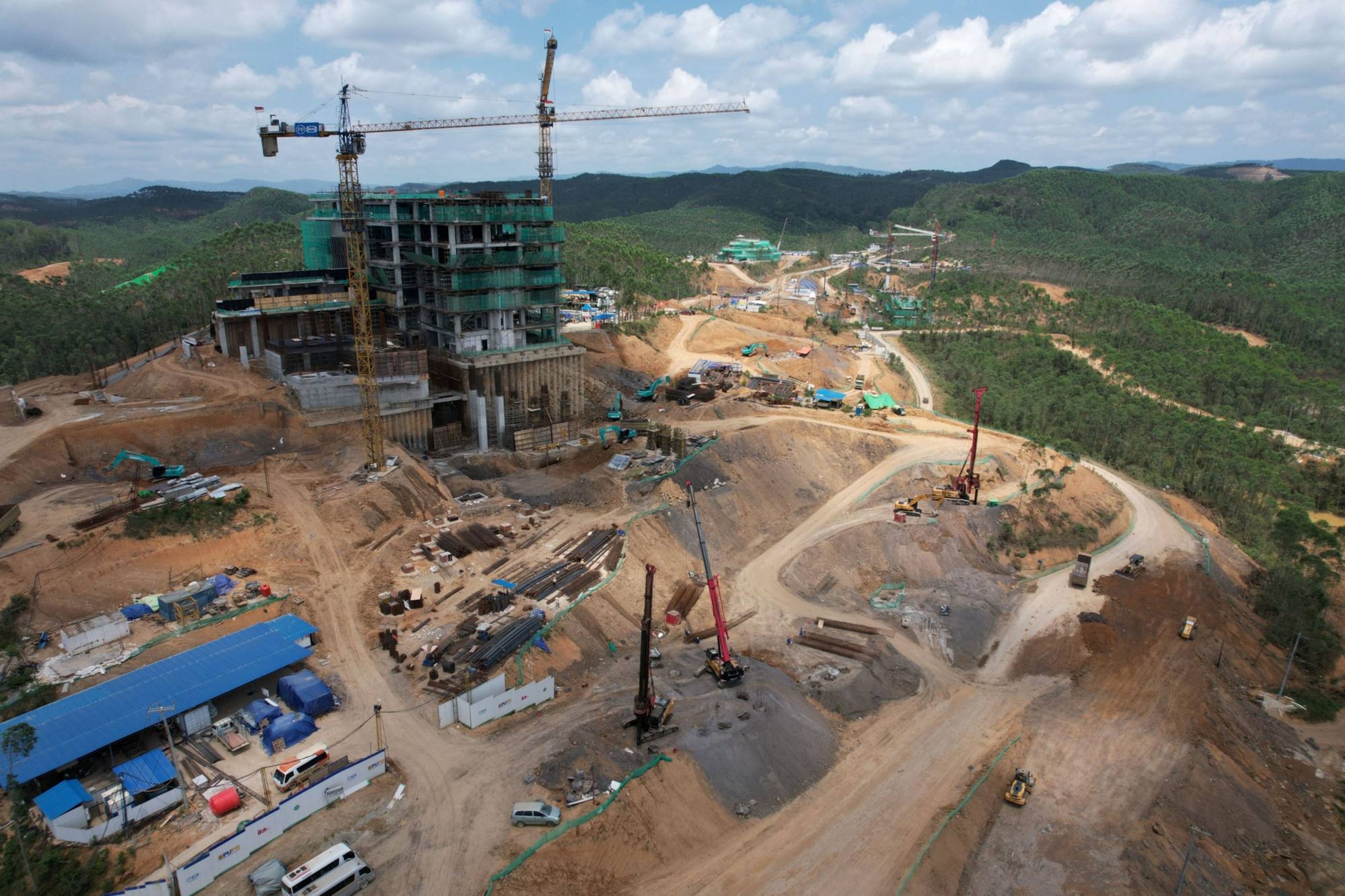
Preparations are already under way to transitioning the country’s seat of government from Jakarta to Nusantara before the end of Widodo’s term in October.
The outgoing president revealed on February 29 that he planned to work from the new capital in “June or July, depending on when the airport and the toll roads will be finished”. Some 6,000 civil servants are scheduled to move in July, to prepare for the first Independence Day ceremony there on August 17.
But it appears such preparations are coming at the expense of locals living in the area, who say they were given just seven days to follow the eviction order in the authority’s letter.
They were also invited to a meeting with government officials on March 8 to discuss the letter’s contents. About 200 people, consisting of members of the Paser and the Balik – Sepaku’s two indigenous tribes – as well as immigrant residents, attended the meeting to protest against the planned demolition, said Jatam, an environmentalist and human rights group, which learned of the meeting from residents.
‘We refuse to work with it!’: Indonesians push back on country’s digital dreams
The widespread outcry over the eviction order led officials to retract the letter and cancel the planned demolition for now.
“There was no [seven days deadline]. We have recalled the letter, so let’s not talk about it again. There won’t be action [taken] in the month of Ramadan. If there is, we will reach out to the community,” Alimuddin, the authority’s social, cultural affairs and community empowerment deputy, said on March 14.
He also said construction would continue, “but the rights of indigenous peoples are protected, there won’t be any arbitrary moves”. Local residents affected by land acquisition will be compensated in the form of payment, land replacement, or resettlement.
‘Like a time bomb’
The official’s statement did little to assuage the fears of local residents. Elisnawati, a resident in Pemaluan, one of the villages within Nusantara’s first ring – of three rings in the core government area – said the project had mentally affected her as she still feared she would be evicted and not given a land certificate.
“I have been anxious, I couldn’t sleep well … There’s still a burden on our minds, it’s like waiting for a time bomb, just waiting for it to explode, we’re just waiting when the house we live in will be taken,” the 36-year-old housewife and member of the Balik tribe told This Week in Asia.
Elisnawati’s neighbourhood did not receive the warning letter, but she said she and her mother remained at risk of eviction from their respective houses. In September, Elisnawati and her neighbours asked their subdistrict chief about the certainty of their ownership of the land, only to be told they could not get land certificates, “as our lands are part of the new capital’s delineated areas”, she said.
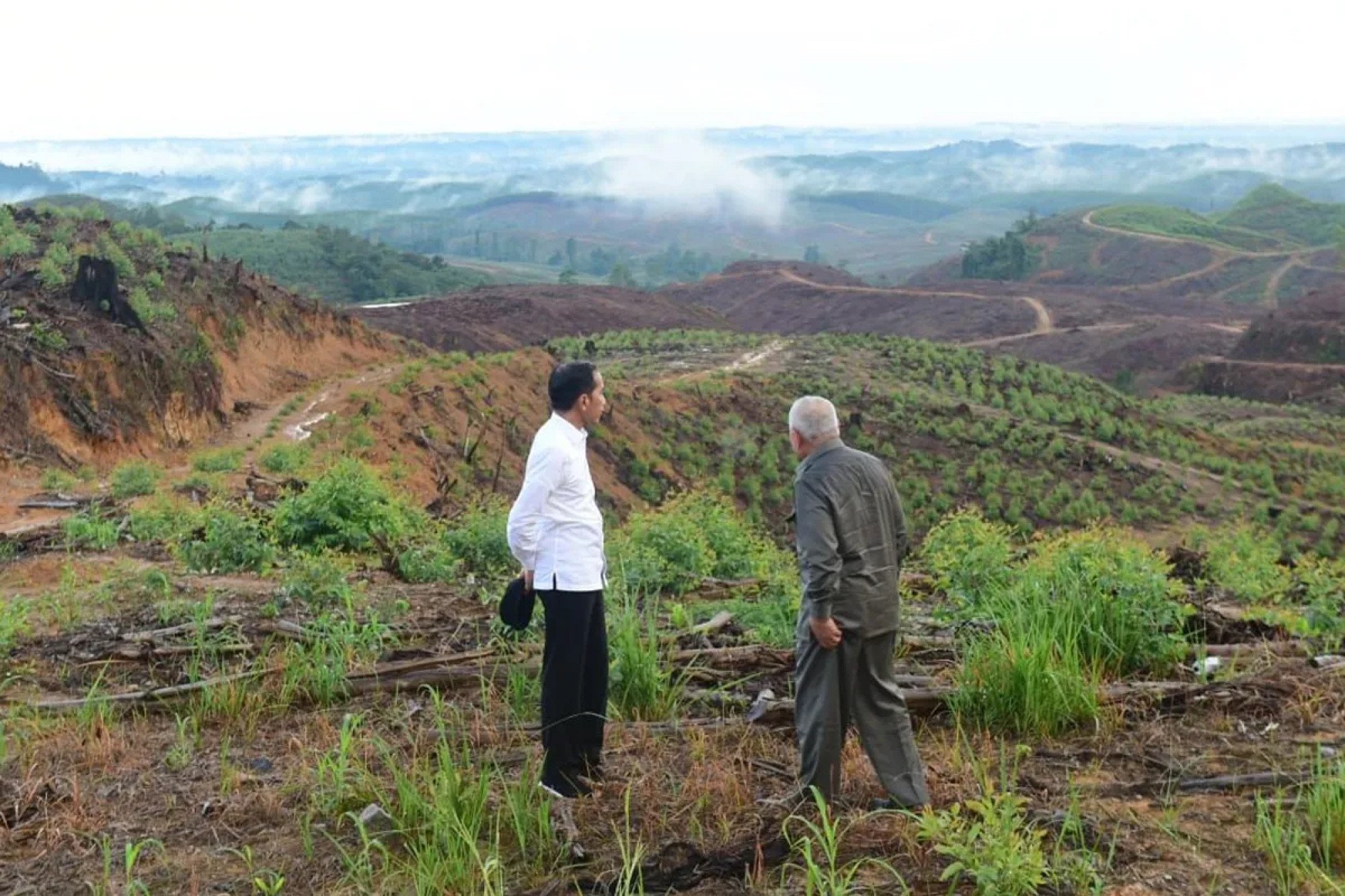
The villagers asked authorities to explain the delineation of the new capital, but “the government cannot even explain what ‘delineation’ is”, Elisnawati said.
The mother of four, whose family has been living in the village for three generations, said she did not agree with the eviction. “Whatever amount of compensation will be given, it is incomparable to my house … the important thing is I get to stay in my village, my house,” she said.
Elisnawati said if she were evicted, she would move to her mother’s 10-hectare land in the Riko subdistrict, some 30 minutes from Pemaluan.
However, she again faces uncertainty after being told her mother’s land belongs to the government and would be used to support the development of a VVIP airport. Officials plan to transform Riko and three other subdistricts into Nusantara’s satellite cities.
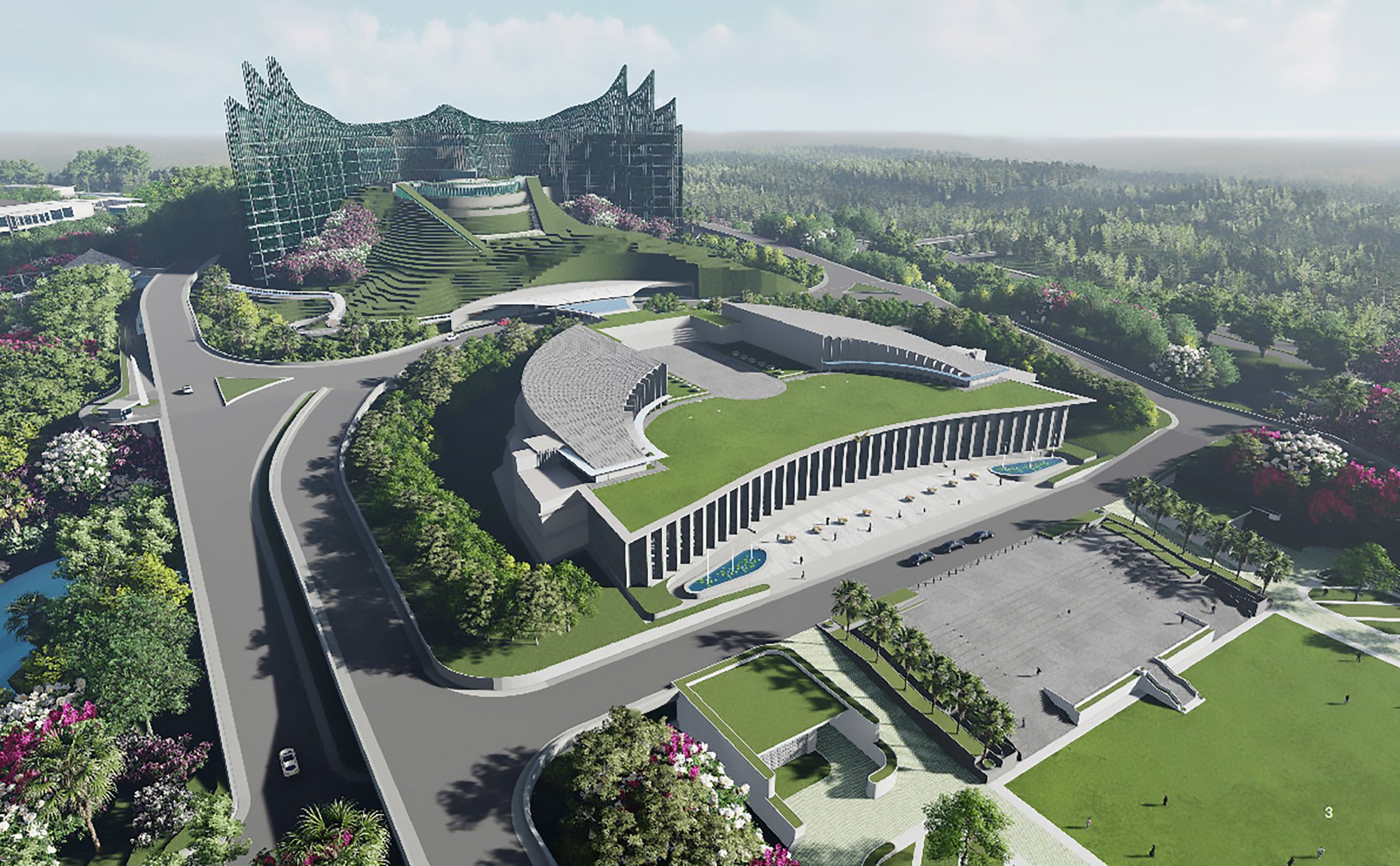
“If the national capital project … disturbs our houses and settlements, is there a point in building a new capital?” she said.
Mareta Sari, a spokeswoman of Jatam East Kalimantan, urged the government to “stop the project to open all data and information”.
“The authorities must also show their spatial planning to the people, and use mechanisms that are fair to the people who live there. Second, the government must protect the local community. They are currently confused and anxious if in the near future conflict would occur and evictions would continue,” she said.
Is Indonesia trying to ‘cover up’ poor foreign investor interest in Nusantara?
Jakarta, however, has signalled that the construction will go on, even after the government changes. Last week, president-elect Prabowo Subianto visited the new capital to check on its progress and discuss preparations for the Independence Day ceremony.
Nusantara’s development has attracted controversy since Widodo’s announcement in 2019. Jakarta has promised that only 20 per cent of its construction costs would come from the state budget and the rest would be covered by investments, either foreign or domestic.
While some foreign companies have signed letters of intent to participate in the Nusantara development, total investments in the project as of January reached only US$3 billion – a 10th of its overall budget – according to the new capital’s authority.


